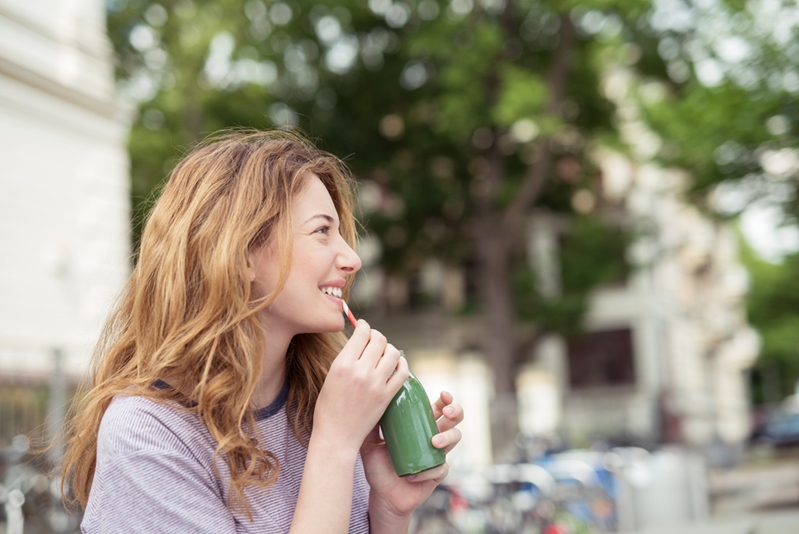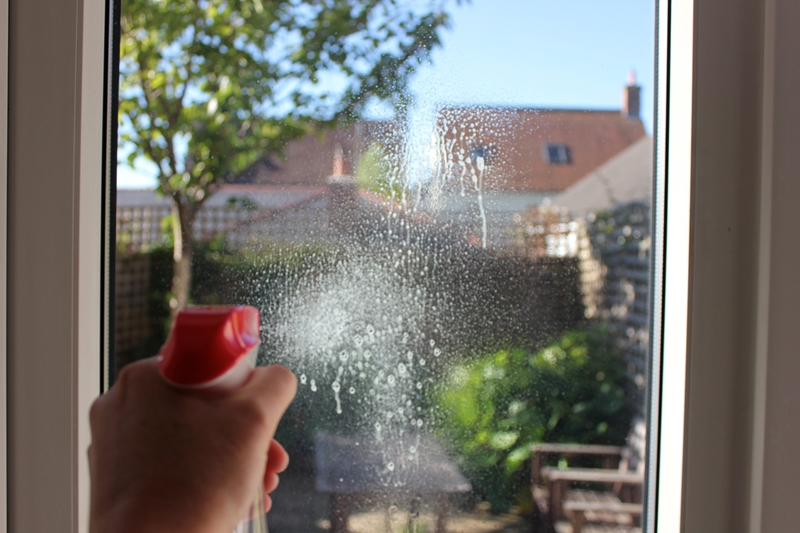Cancer is a frightening illness, but also a part of life for many people. You likely know someone who has it or will have it eventually. But the good news is that it doesn't have to win. According to the Canadian Cancer Society, most people diagnosed will overcome it. What's more, you and your family can take steps to prevent it. Here are tips for identifying risk factors and taking a proactive approach to your long-term health:
Discover your risk
Your family's health history certainly plays a role in determining your own risk. If close blood relatives have had the illness, your chances increase. However, other lifestyle habits affect that baseline. The Canadian Cancer Society put together a quiz to help you map your risk. It asks a series of questions about life, like whether you smoke or protect yourself from sunlight, to assess risk factors. Then, it recommends changes to make. Here's a look at a few areas that impact your chances of getting cancer.
Alcohol and tobacco
Indulging your vices isn't a cancer sentence, but some are worse than other. As you know, smoking or chewing tobacco is in no way good for your health, and it can increase your cancer risk. In fact, the CCS noted that smokers are 20 times more likely to get lung cancer than those who don't indulge. However, forgoing cigarettes isn't the only step you should take. Avoiding secondhand smoke is also important. That means if someone smokes at home, they should do so away from the rest of the household, especially kids. You should also avoid public areas where smoking is common.
As for alcohol, how much you drink affects your risk of certain types of cancer. The CCS urges that drinking 3.5 glasses or more a day increases your risk of breast, colon and rectum cancer by 1.5 times.
 Swapping alcohol out of your diet can help reduce your risk of cancer.
Swapping alcohol out of your diet can help reduce your risk of cancer.
The sun
Vitamin D is a necessary but notoriously tricky vitamin to get. However, according to Statistics Canada, 32 percent of Canadians don't have enough. Sunlight is one of the best ways to absorb vitamin D, but getting too much light could increase your chances of getting cancer. The trick is to find a balance and protect yourself.
Sunlight in and of itself isn't the problem - it's the ultraviolet rays. For that reason, wearing sunscreen that protects against the broad spectrum (both UVA and UVB rays) is important. In fact, most people don't know that you can still absorb vitamin D with sunscreen on. Specifically, you likely won't wear enough sunscreen to actually block the vitamin D. For comparison, you can still get color when wearing sunscreen, just as you can still absorb vitamin D.
Do not attempt to increase your vitamin D with a tanning bed. Indoor tanning doesn't improve your absorption and instead can increase your risk of cancer, despite popular myths saying otherwise. Another common misconception is that getting a bit of a tan indoors can prevent burns later, which is also not true. The Melanoma Research Foundation makes a clear statement: no tanning bed is safe.
The environment
Besides the sun, your environment may affect cancer risk. Pesticides, chemicals from cleaners and air pollution impact your health. This is especially true for children, who are still developing. Protect your family by using natural products both for your garden and your home. For instance, vinegar-based glass cleaners are safer than chemical ones.
 Natural cleaners are safer for adults and kids.
Natural cleaners are safer for adults and kids.
Fitness
A study published in JAMA Internal Medicine revealed that regular exercise can decrease your risk of 13 types of cancers. But aside from exercise, how you spend your day is important, too. Sitting for long periods of time has known negative side effects, so taking breaks from work to walk or do your job on your feet is important.
Getting involved
Aside from changing lifestyle habits, continue the fight against cancer by keeping your family healthy and helping others. Use your family's medical health insurance benefits to get tested regularly (especially for adult men and women). Find out what your insurance covers and make the most of it. Additionally, join the Canadian Cancer Society in the fight during Daffodil Month. Donating your time or money to the cause supports research, care and education.